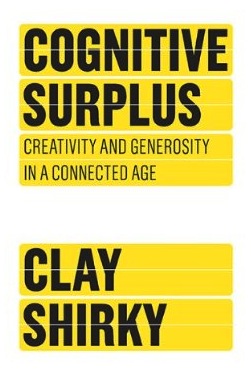Dream geoscience courses
/ MOOCs mean it's never been easier to learn something new.This is an appeal for opinions. Please share your experiences and points of view in the comments.
MOOCs mean it's never been easier to learn something new.This is an appeal for opinions. Please share your experiences and points of view in the comments.
Are you planning to take any technical courses this year? Are you satisfied with the range of courses offered by your company, or the technical societies, or the commercial training houses (PetroSkills, Nautilus, and so on)? And how do you choose which ones to take — do you just pick what you fancy, seek recommendations, or simply aim for field classes at low latitudes?
At the end of 2012, several geobloggers wrote about courses they'd like to take. Some of them sounded excellent to me too... which of these would you take a week off work for?
- Programming in geology — Shawn Wright of Vi-Carius
- Working the government/academia/industry system — Shawn Wright
- Art for geologists — proposed by Callan Bentley at Mountain Beltway
- The roots of geological thinking — both Callan Bentley and Shawn Wright
- Offshore geologic site assessment — Dianna Phu at Eat. Sleep. Geology.
- Geoscience 999: a short, sharp shock — Pete Rowley at Lithics
- Ballparking — Pete Rowley
- Field methods theory — Penny Higgins at Paleopix
- Investing in economic deposits — Ann at Ann's Musings
- Geology, history, and legend — Hollis at In the Company of Plants & Rocks
- Earth systems & society — Lockwood Dewitt at Outside the Interzone
Here's my own list, complete with instructors. It includes some of the same themes...
- Programming for geoscientists (learn to program!) — Eric Jones
- Solving hard problems about the earth — hm, that's a tough one... Bill Goodway?
- Communicating rocks online — Brian Romans or Maitri Erwin
- Data-driven graphics in geoscience — the figure editor at Nature Geoscience
- Mathematics clinic for geoscientists — Brian Russell
- Becoming a GIS ninja — er, a GIS ninja
- Working for yourself — needs multiple points of view













 Except where noted, this content is licensed
Except where noted, this content is licensed